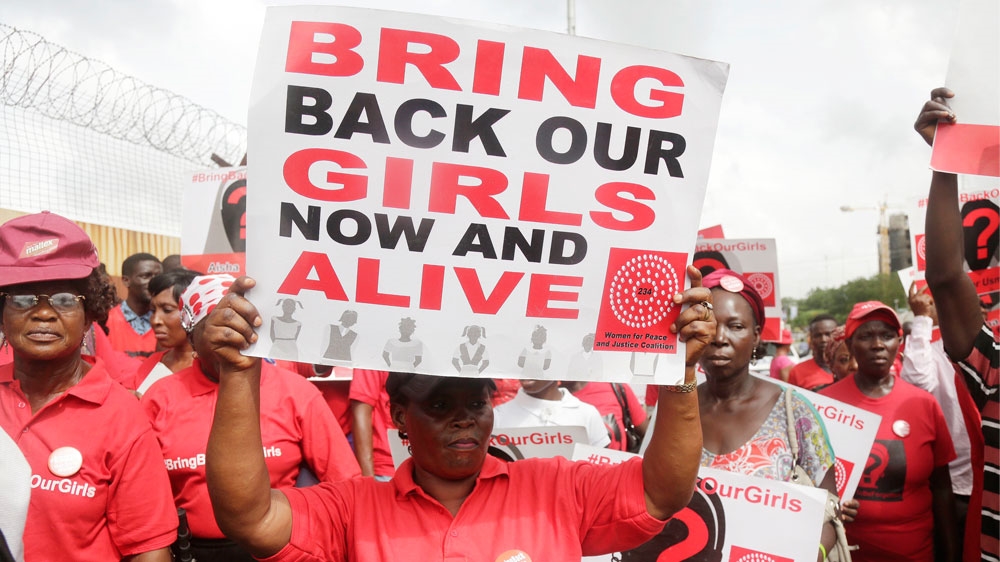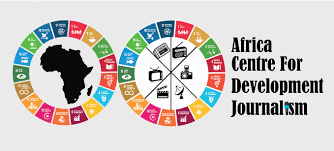OPINION: Focusing on schoolgirl abductions distorts the view of life in Nigeria, By Chitra Nagarajan
It is simplistic to imply that all victims are female or that women are not active agents in domestic and community life

Once again, abducted Nigerian schoolgirls are making international headlines. Last Monday, 110 girls were taken from the Government Girls Science and Technical School in the town of Dapchi in Nigeria’s north-eastern Yobe state. Fighters belonging to one of the armed opposition groups (commonly known as Boko Haram) operating in the area attacked the town and took the girls who were unable to escape.
The attack came shortly after the military withdrew troops from the town. Then came a pattern that is familiar to anyone following events in north-east Nigeria, where the abduction of girls from Chibok in April 2014 brought the region to national and global attention. First, there was silence from government officials, followed by disputes in the media about the number of girls missing. Then an announcement that girls had been rescued by the army, which was later retracted.
The abductions from Chibok were neither the first nor the last in north-east Nigeria (at least 2,000 women and girls were kidnappedbetween January 2014 to April 2015, and large numbers of men and boys have also been taken). But, the Chibok case captured international imagination. This focus on abductions shows the kinds of stories that media pick up but it also means we have a partial picture of what is actually going on.
Yes, this was greatly due to the hard work of women’s activists in Maiduguri and the phenomenon that was #BringBackOurGirls. It also made a compelling media story and offered the chance for those involved – from journalists to those who tweeted using the hashtag – to take action and feel good about themselves. Those of us working in north-east Nigeria at the time were at the epicentre of an international media circus. Hordes of journalists descended on Abuja, Maiduguri and Chibok, asking the same questions of the same people, often retraumatising family members of the abducted girls in the process.
That, almost four years later, we see them in one of the first scenes of Black Panther, the global cultural phenomenon of 2018 so far is telling; Nakia, an intelligence officer played by Lupita Nyong’o is seen undercover in north-east Nigeria’s Sambisa Forest with dozens of girls being transported by armed fighters. It was the obvious choice for film-makers looking for something topical about the African continent that could symbolise the nascent Wakandan saviour complex – in contrast to the reality of women’s activism in north-east Nigeria. All we know or care about when it comes to north-east Nigeria seems to be either abducted schoolgirls or female “suicide bombers”.
This level of attention has resulted in differential treatment for those abducted from Chibok compared with everyone else, with high-level negotiations conducted to free them. Every time abducted women and girls are released, the first question asked is whether Chibok girls are among them.
Of course we should care about and campaign for action to be taken when it comes to the girls of Dapchi. However, what happened around the Chibok abductions serves as a salutary warning of how media coverage can inadvertently lead to a hierarchy of humanity – some people being valued above others.
I have been working on peacebuilding and human rights in north-east Nigeria for almost five years. Last year, I spent weeks interviewing women and men for a gender assessment of the region. I found stories of women and girls choosing to join armed opposition groups. They have taken part in attacks on villages and towns, recruited members, made bombs and recruited others. Women and girls have also been part of militias set up to protect communities. They screen women and girls at checkpoints, fight alongside the men, patrol towns and villages and, in some cases, command groups of fighters, including men. Moreover, women have saved men from being killed, in many cases hiding them in their homes, dressing them in women’s clothing and smuggling them to safety.
Indeed, men “of fighting age” – roughly 14 to 50 – are often the first to be killed or detained, leaving women to take on new roles and decision-making power. Even if husbands and fathers are present, men are no longer able to provide for families, meaning women have to find ways of earning incomes, including through “survival sex”. In some cases, this changed dynamic has caused problems in households where men, fearing a loss to their power, try to prove they are the ones still in charge. In other cases, women say they have more power at home and their husbands have to adjust. After all, if he divorces her to marry another, the dynamics with the new wife will be the same.
Of course, women suffer greatly during conflict. They are displaced, disabled, killed, lose family and friends, and experience higher levels of gender-based violence. But they are not just victims. Conflict is also a time where women have greater agency – whether they want it or not. This focus on women as victims also means we lose sight of what happens to men and boys. We all know about the Chibok girls but how many of us know about the Buni Yadi boys? A few weeks before the abductions from Chibok, an estimated 59 boys were lined up in the Federal Government College in Buni Yadi, had knives drawn across their throat, were gunned down or burned alive. Seeing only women and girls as victims plays into gendered stereotypes that we must move away from. It also presents a highly distorted version of reality.
Chitra Nagarajan is a writer and activist, working on civilian protection focused on north-east Nigeria. This article first appeared in the UK Guardian; the views expressed in the article are the author’s own and do not necessarily reflect African Newspage’s editorial policy.













